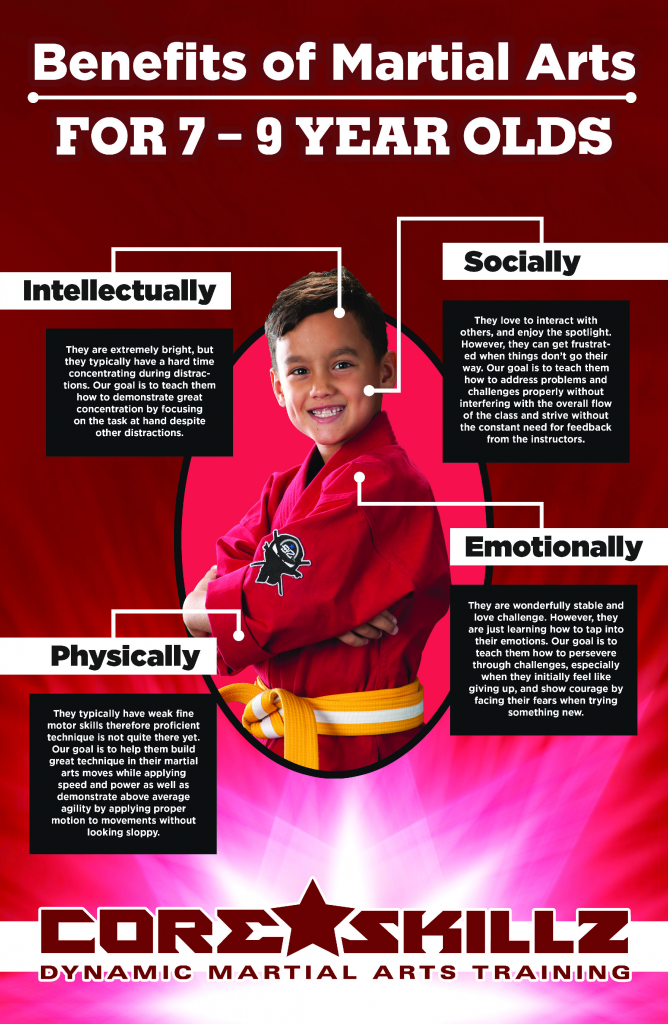Checking Out The Rich Heritage And Spiritual Dimensions Of Martial Arts
Checking Out The Rich Heritage And Spiritual Dimensions Of Martial Arts
Blog Article
Material By-Ingram Martin
Step into the old globe where martial arts were born out of necessity in diverse areas. Societies crafted unique battling styles linked with historical contexts. Strategies advanced over centuries through committed method and social exchanges. Today, modern-day martial arts mix standard elements for optimal effectiveness. Philosophically, martial arts highlight self-control, self-improvement, and consistency. Regard, humbleness, and equilibrium are foundational principles assisting practitioners towards growth and resilience. Discover the depths of this abundant history and ideology to reveal the extensive impacts forming this enduring self-control.
Beginnings of Martial Arts
Martial arts originated in numerous areas all over the world, developing as practical fight systems to defend against dangers. These old fighting designs were developed out of necessity, with each society crafting methods fit to their unique settings and difficulties. From the grappling arts of Jujutsu in Japan to the striking techniques of Kung Fu in China, martial arts were deeply linked with the historical, social, and cultural textile of their corresponding cultures.
In Japan, the samurai course refined martial arts like Kenjutsu, the art of the sword, which later on evolved into the a lot more promoted type of Kendo. On the other hand, in Brazil, Capoeira became a mix of dance and battle, developed by enslaved Africans as a method to resist injustice. Each martial art lugs with it an abundant background and philosophy, mirroring the worths and ideas of the people who exercised them.
As you delve into the beginnings of martial arts, you uncover a tapestry of human ingenuity, strength, and the unrelenting spirit of warriors throughout time.
Evolution of Techniques
Through centuries of technique and refinement, combat methods within various martial arts have undertaken an extensive advancement. From ancient designs like Kung Fu and Martial arts to more contemporary self-controls such as Brazilian Jiu-Jitsu and Krav Maga, the advancement of methods has actually been driven by a mix of social impacts, useful applications, and technical developments.
https://gamerant.com/dragon-ball-z-kakarot-dlc-5-release-date/ of this advancement is the cross-pollination of techniques in between different martial arts. For instance, strategies from conventional Japanese Jiu-Jitsu were included into the development of Judo by Jigoro Kano in the late 19th century. This blending of styles has resulted in the growth of crossbreed martial arts like Mixed Martial Arts (MIXED MARTIAL ARTS), which incorporate elements of striking, grappling, and entry techniques.
Moreover, the development of methods has been shaped by the raising emphasis on performance and effectiveness in fight. Specialists have continuously sought to refine their techniques with strenuous training, experimentation, and competition, bring about the development of extremely specialized and reliable combating styles. On the whole, the evolution of strategies in martial arts shows the vibrant nature of combat and the continuous quest for renovation and development.
Philosophical Foundations
Checking out the underlying philosophical principles of martial art s supplies insight into their core worths and guiding ideas. At the heart of many martial arts techniques is the principle of self-control itself. By educating your body and mind to work as one cohesive unit, you cultivate discipline that prolongs beyond the dojo or health club into day-to-day life. This discipline includes respect, humility, and self-discipline, shaping not just your physical capacities however also your personality.
One more fundamental philosophical structure in martial arts is the concept of continuous self-improvement. https://martialartskidsarnisnearm98652.aboutyoublog.com/33243341/understanding-the-distinctive-features-of-martial-arts-and-protection-a-comprehensive-exam of understanding a martial art is continuous, with practitioners frequently making every effort to better themselves, both literally and emotionally. This concentrate on development cultivates strength, willpower, and a growth way of thinking that can be applied to all facets of life.
Furthermore, martial arts stress the relevance of harmony and balance. Methods are created to utilize an opponent's energy against them, highlighting the principle of yielding and rerouting force instead of meeting it head-on. This ideology encompasses interpersonal relationships, promoting peaceful resolutions and mutual understanding. By accepting these philosophical structures, martial artists not just enhance their battle abilities but also grow a way of life fixated personal growth, respect, and consistency.
Conclusion
To conclude, the history and viewpoint of martial arts supply an abundant tapestry of custom, self-control, and self-improvement.
Take for instance the story of Bruce Lee, who revolutionized martial arts by blending various styles and philosophies to produce his very own one-of-a-kind kind of Jeet Kune Do.
Through devotion and technology, martial musicians continue to press limits and inspire others to reach their complete potential both in combat and in life.
